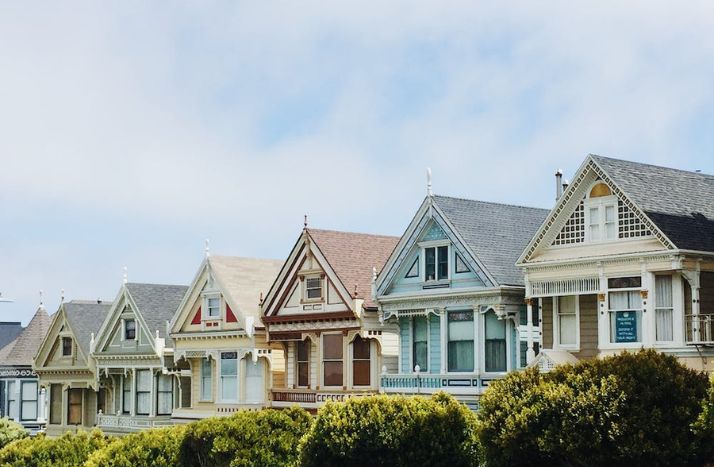London house prices are falling. Latest figures from the UK’s Office for National Statistics show that they fell by 0.7% year-on-year to June 2018, the sharpest drop since September 2009. Most analysts put this down to the uncertainty over Brexit and the effect that leaving the EU might have on the property market.
Meanwhile, in Catalonias’s prosperous capital, Barcelona, property prices are continuing to rise. According to property portal Idealista, since the start of the property turnaround in the second quarter of 2014, prices in Barcelona have increased by 42% – a pace even the most bullish of forecasters would not have predicted. Spain’s National Institute of Statistics’ (INE) figures show that the volume of sales in the second quarter of 2018 compared to the same period in 2014 increased by 74%. There’s been a slight readjustment in recent months following the political issues towards the end of 2017 but overall, the compound annual growth rate since Q2 2014 of 17% tells a compelling story.
Much of the demand for high quality homes continues to come from foreign investors, including the influx of international workers from Northern Europe and the US as Barcelona looks to become Europe’s new FinTech hub in a post-Brexit era.
“Climate, lifestyle and good communications all put Barcelona high on the list for international companies looking for a new European base and give the city a competive edge,” explains BCN Advisors CEO Francisco Nathurmal. “Barcelona was the first market to see prices hit the bottom midway through 2014. Compared to other Spanish cities where prices fell by as much as 60%, Barcelona’s prices generally fell less, as the demand to live in the city barely wavered. Developers returned a year or so ahead of the property turnaround, confident that prices would start moving upwards again. And they were right. Thanks to a strong local economy and consistently low interest rates, Barcelona offers a mix of investment and pleasure and continues to be a major European property investment hub.”
For international companies thinking of relocating staff from London, other European cities or the US, Barcelona is a fairly easy sell. Many tech companies choose to have a base in the 22@ technical and innovation hub in Poble Nou. Office rental space there is proving increasingly hard to come by there however. According to a report by Cushman & Wakefield, availability fell to below 5% during the first six months of 2018. There were 86 rental transactions in 2017, which amounts to 101,000 m2 of office space – the highest figure recorded in the last ten years and 34% more than that of the last two years, in terms of investment volume. 22@ experienced profits of €161 million last year, a figure that is triple the €51 million registered in 2016.
Amazon recently announced that a further 400 employees would soon be joining its 340 staff in the 22@ district that is looking to become a new ‘Sillicon roundabout’. “Our aim is to help providers in the Spanish, Italian and French markets,” explains Katrina Lane, the Vice President of Amazon’s Seller Support Hub (SSH), who believes that Barcelona is a city that has an extremely skilled workforce, thanks in part to the ready made talent pool of two of Europe’s top business schools – ESADE and IESE.
Meanwhile, the company hired by Facebook to combat fake news has rented eight floors inside the Torre Glòries. Competence Call Centre (CCC) has been contracted to remove fake news from the social media platform, another major coup for this dynamic district.
Microsoft is looking to boost its 70 staff based in Diagonal Mar after announcing it is to set up a Design Centre and Quantum Lab in the city, which will collaborate with already existing Labs in Washington, California, Sydney, Copenhagen and Delft in Holland.
“Talented people want to live in Barcelona and the reason behind it is quality-of-life,” explains Nathurndal. “So the key drivers are about Barcelona being increasingly a great place to live and about talent. International companies are moving tech and digital divisions here because they can get the talent here.”
Diagonal Mar is an area which is popular among the international community both to rent and buy property. Former textile warehouses a few metres from the Mediterranean have been converted into designer apartments with a full gammit of comunal amenities including pools, gyms, play areas and 24-hour concierge services.
Barcelona may have a way to go before it can rival London as a business capital, but it is not far off when it comes down to technological innovation.


 The new capital gains tax in Spain
The new capital gains tax in Spain
 Top International Companies in Barcelona
Top International Companies in Barcelona
 Best real estate agency in Barcelona: How to choose it?
Best real estate agency in Barcelona: How to choose it?
